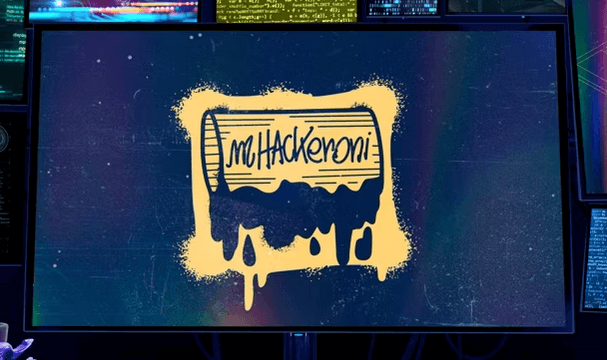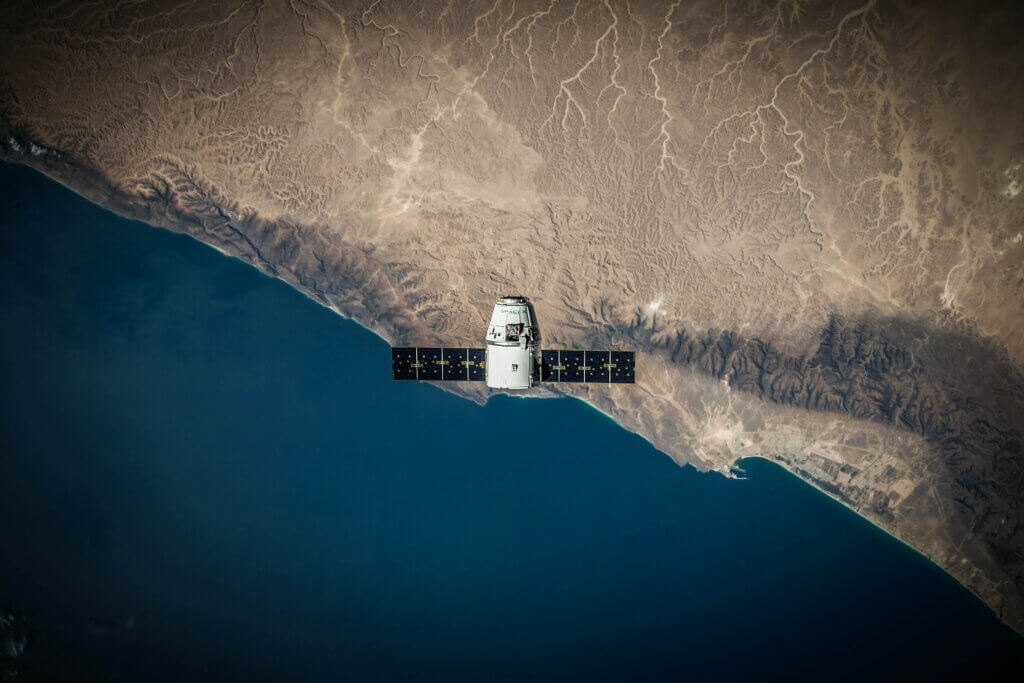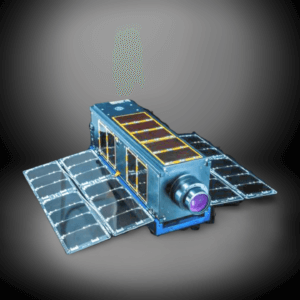Italy Triumphs in Historic Space Force Hack-A-Sat Competition

A Historic Win for mHACKeroni in the Battle for Satellite Cybersecurity
In a thrilling culmination of cutting-edge technology, international competition, and the quest for cybersecurity in space, Italy’s mHACKeroni made history by winning the Space Force’s first-ever on-orbit Hack-A-Sat contest.
The event, sponsored by the Space Force and the Air Force Research Laboratory, took place during DEF CON 31 in Las Vegas and marked a significant milestone in safeguarding the cybersecurity of Defense Department satellites.
Moonlighter: A Unique In-Orbit Cybersecurity Testbed
At the heart of this extraordinary competition was Moonlighter, a 3U CubeSat designed by The Aerospace Corporation in collaboration with the Space Systems Command (SSC). Moonlighter’s journey began with a SpaceX Falcon 9 launch to the International Space Station on June 5, followed by deployment into low Earth orbit on July 6.
Moonlighter was more than just a satellite; it served as the first-ever hacking sandbox in space, offering a real-world platform to evaluate the security of space systems.
Previous iterations of Hack-A-Sat contests relied on ground-based satellite simulations and laboratory digital twins of satellites. However, Hack-A-Sat 4 took a groundbreaking leap by challenging participants to engage in on-orbit cybersecurity tests involving Moonlighter itself. This marked an unprecedented shift in the competition’s complexity and significance.
The On-Orbit Challenges
The five hacking teams, selected from a pool of over 700 initial competitors, faced nine different challenges, with seven of them directly involving Moonlighter. These challenges tested space-relevant skills, including spacecraft operations, radio frequency communications, and reverse engineering. Notable tasks included hacking into Moonlighter to capture ground images of their choice and bypassing the satellite’s imaging restrictions.
 The stakes were high, with a total prize pool of $100,000 up for grabs. The top three winning teams were:
The stakes were high, with a total prize pool of $100,000 up for grabs. The top three winning teams were:
- First Place ($50,000): mHACKeroni – A collaboration of five Italian cyber research teams.
- Second Place ($30,000): Poland Can Into Space – Comprised of Polish cyber researchers, along with members from Ireland and Germany.
- Third Place ($20,000): jmp fs:[rcx] – A combined team of Hack-A-Sat’s first-year champions from the U.S. and the United Kingdom.
These teams demonstrated exceptional prowess in both cybersecurity and space-related skills, outperforming hundreds of competitors from around the world.
The Significance of Hack-A-Sat
The Hack-A-Sat contest is not merely a competition for prizes and bragging rights. It serves a crucial purpose in advancing satellite cybersecurity and enhancing the resilience of space systems. By inviting hackers to identify vulnerabilities and weaknesses in satellite systems, the U.S. Space Force and Air Force Research Laboratory aim to bolster the security of these critical assets.
In the case of Hack-A-Sat 4, the competition ventured into uncharted territory by challenging participants to engage with a live satellite orbiting Earth at 17,000 miles per hour. This represented a significant step forward in the quest to secure space infrastructure.
The Future of Space Cybersecurity
The success of mHACKeroni, along with the other top-performing teams, underscores the importance of collaboration between the public and private sectors in securing space systems. As the U.S. government continues to invest in research and development to fortify space infrastructure, the findings and lessons from Hack-A-Sat 4 will undoubtedly play a pivotal role in shaping future security measures.
The world is increasingly reliant on satellite technology for communication, navigation, and national security; safeguarding these assets is paramount. Events like Hack-A-Sat showcase the dedication of cybersecurity experts worldwide and their commitment to protecting the final frontier. As technology evolves, so too will the challenges and solutions in the ongoing battle to secure our presence in space.












